September 19, 2018
New report aims to debunk myth that AI will be intrinsically bad for people at work
 The latest report that claims to debunk the myths surrounding AI in the workplace arrives from Tata Communications who worked with academics at UC Berkeley to interview 120 business leaders about their attitudes to AI. The report, AI and the Future of Work (registration required) claims to shift ‘the conversation from dystopian fears toward human collaboration and cognitive diversity, the study identifies how AI can diversify human thinking rather than replace it. The study identifies opportunities for businesses and employees based on insights from leaders such as Tony Blair, Executive Chair of the Institute of Global Change and former UK Prime Minister, who predicts that, AI will allow us to do what it is that we are uniquely meant to do: focus on high-level thinking, strategy, and paving the way for innovation.’
The latest report that claims to debunk the myths surrounding AI in the workplace arrives from Tata Communications who worked with academics at UC Berkeley to interview 120 business leaders about their attitudes to AI. The report, AI and the Future of Work (registration required) claims to shift ‘the conversation from dystopian fears toward human collaboration and cognitive diversity, the study identifies how AI can diversify human thinking rather than replace it. The study identifies opportunities for businesses and employees based on insights from leaders such as Tony Blair, Executive Chair of the Institute of Global Change and former UK Prime Minister, who predicts that, AI will allow us to do what it is that we are uniquely meant to do: focus on high-level thinking, strategy, and paving the way for innovation.’
















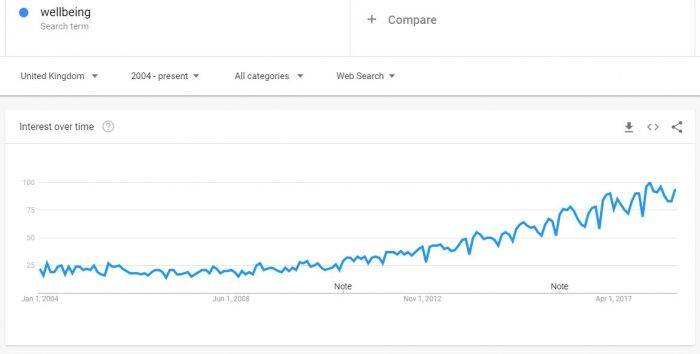
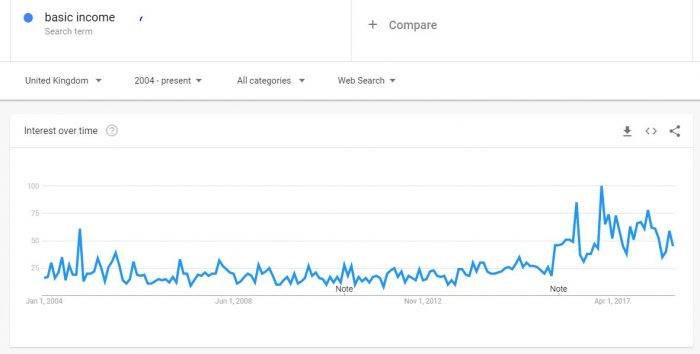

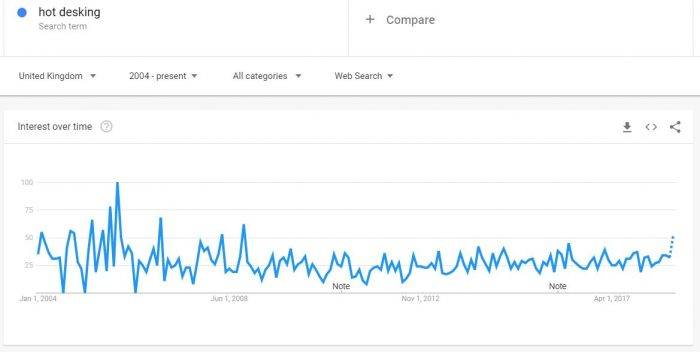
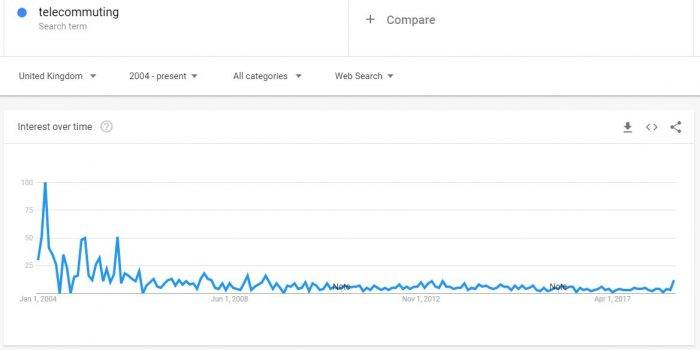
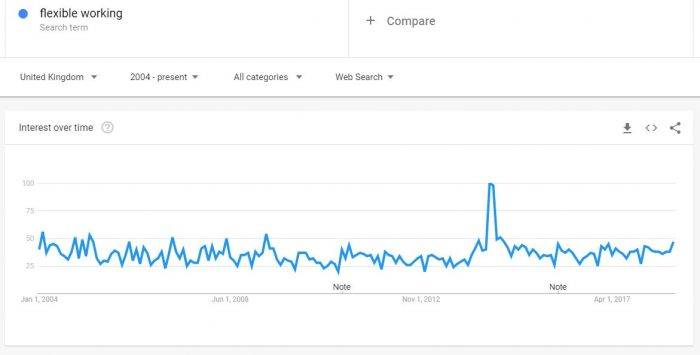
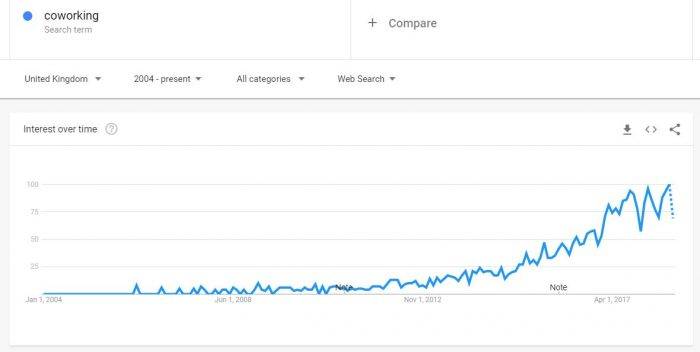
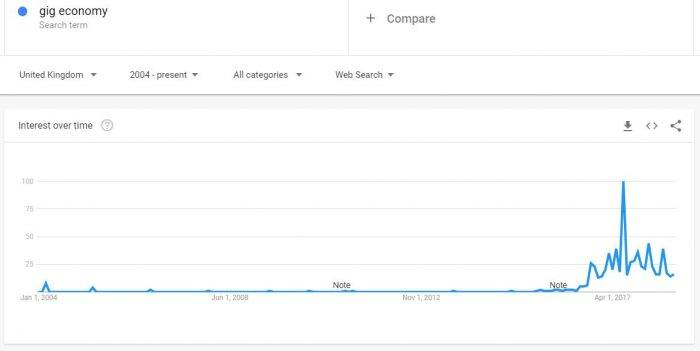
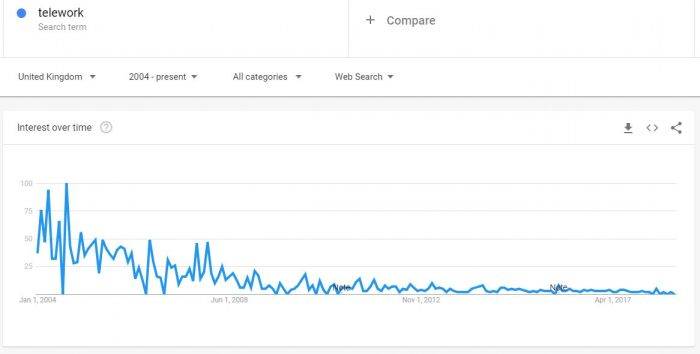
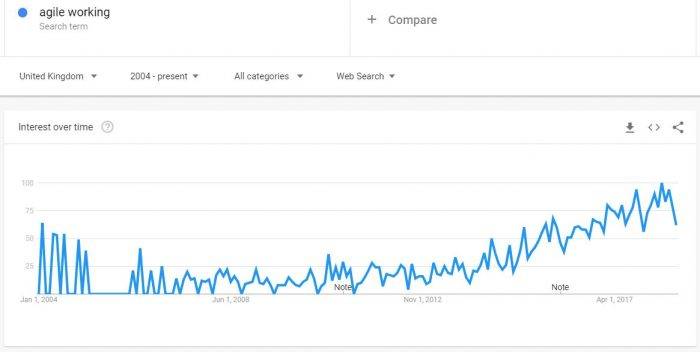





















September 18, 2018
Building a culture of creativity that unites the physical and digital workplace
by Serena Borghero • Comment, Technology, Workplace design
More →